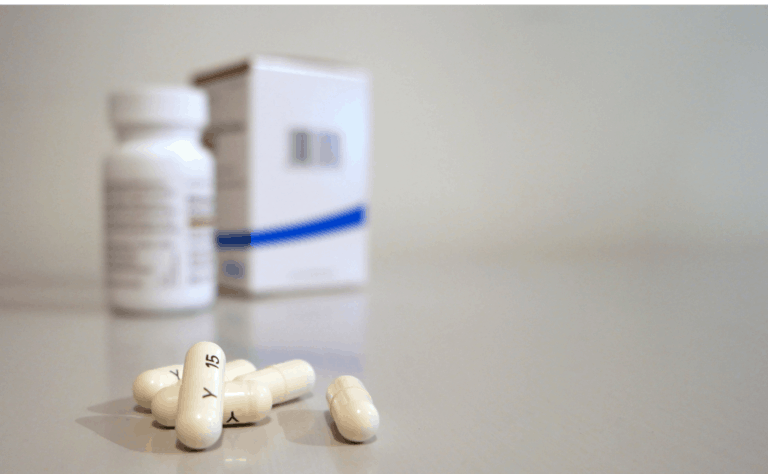When most people think of the word “therapy”, they probably imagine a one-on-one, intimate session in a quiet room. This is certainly one type of therapy, and it is vital for most people recovering from substance use disorder or other mental health conditions. However, group therapy is another common form of therapeutic processing that can be just as important- and just as beneficial- for anyone in a recovery program.
What is Group Therapy?
The idea of processing one’s deepest struggles, secrets, and emotions in a group setting may seem counterintuitive or even intimidating. However, group therapy can actually be one of the most helpful tools one may encounter in substance abuse treatment. It generally works similarly to individual therapy, in the sense that there is always a facilitator leading a group therapy session. This person is usually a therapist (with a clinical social work license, a mental health care provider license, or another state therapeutic certification) or a case manager, but may be a certified group facilitator, a doctor, or some other expert. The type of facilitator running a group therapy session usually depends on the purpose and style of the group.
In a group therapy session, members interact with one another and with the facilitator to process feelings, work out solutions to everyday problems as well as trauma and other significant life events, and provide feedback to one another to work on communication skills.
Benefits of Group Therapy
The idea of group therapy may seem strange, but it can actually be highly beneficial for all members of the group, whether the session is focused on their individual issues or not! In group therapy, members may process issues like job searches and vocational skills, or even heavier topics such as relapse prevention and trauma. Having a facilitator as well as peers presents offers solutions to group members and allows them to relate with one another on a deeper level. Peers can provide empathy for one another because they are often in the same situation. They can also offer specific and constructive feedback, especially when they have successfully overcome some of the same issues.
Additional benefits of group therapy include:
- helping group members form connections and build a support group of like-minded peers in recovery
- facilitating healthy, assertive communication
- providing a safe place for group members to process emotions and difficult life events, and to receive constructive feedback
- contributing to a structured schedule and helping group members to work on time management and peer relations
- helping therapists to assess group dynamics, in order to assist them in individual sessions with patients
- fostering a sense of community
- holding group members accountable to their commitments to themselves, the group, and the facilitator
All of these benefits can assist with the treatment process, and can also help patients adjust to functioning in a social setting, which will aid them in their long term recovery. Recovery is often about the fellowship and the health of the group, and group therapy is a great way to begin to learn and apply those skills.
Is Group Therapy Right for Me?
The reality is that if you’re suffering from the negative consequences of addictive drinking or drug use, you will likely need help to stop using substances and to recover your mental, emotional, physical, and spiritual health. Treatment in a substance use disorder rehab facility is often the most effective way to receive this help. In these programs, whether they are inpatient, residential, or outpatient, group therapy is a commonly used- and effective- tool for helping addicts and alcoholics recover. In truth, addiction is a very lonely disease.
Not only does group therapy help provide a sense of community and support, it can offer real solutions and feedback for individuals in the beginning of their journey toward sobriety. The tools and coping skills offered in a group therapy setting can help provide an individual with vital pieces of the foundation they will need to sustain lasting, fulfilling recovery from drug and alcohol addiction. If you think drugs and alcohol have become a problem for you, you may find that much of your solution comes from healthy group sessions with peers just as motivated for change as you are.





